Constitutional and Democratic Institutions in India: A Critical Analysis
Contents: Introduction: Democracy and Institutional Change in India/Sudha Pai. I.Theoretical Frameworks for Studying Institutions: 1. How Should We Study Institutions in India?/Aseema Sinha. 2. Social Inequalities and Democratic Inclusion: A Study of Political Institutions in India since the 1990s/Vidhu Verma. II. Parliamentary Institutions: 3. Critical Analysis of India’s Legislative Process: Some Case Studies/Kaushiki Sanyal. 4. Benefits from Chaos? The Political Incentives behind the Disruption of the Parliament/Ajit Phadnis. 5. Executive–Legislative Relations in the Period of Multiparty Governments/K. K. Kailash. 6. Time to Imagine a Presidential System?/Shashi Tharoor. III. The Higher Judiciary: 7. The Supreme Court: A Constitutional Court or a Court of Appeal?/Pallavi Bedi. 8. The Relations between the Supreme Court and the Parliament/Goutham Shivshankar.
9. Demosprudence or Judicial Overreach and Usurpation?/Upendra Baxi. 10. The NJAC Judgment and Its Discontents/Anirudh Burman and Suyash Rai. IV. The Election Commission: 11. Conducting Elections in India: Experiments and Challenges/S. Y. Quraishi. 12. Criminalisation of Politics: The Malady and the Remedy/Jagdeep S. Chhokar. 13. Public Funding of Elections and Political Parties/M. V. Rajeev Gowda and Varun Santhosh. 14. Does India Need to Switch to Proportional Representation? The Pros and Cons/E. Sridharan. V. Federal Institutions: 15. The Niti Aayog and Changing Federal Relations/T. K. Arun. 16. The Evolving Landscape of Indian Fiscal Federalism and Institutional Challenges: Reinventing the Role of the Finance Commission/M. Govinda Rao. 17. Institutions for Minority Accommodation: A Study of the National Commission for Scheduled Castes/Papia Sengupta. 18. Language Commissions and Committees: Institutional Framework for Language Policy after Independence/Asha Sarangi. Index.
Do weak institutions call for reform and regeneration? Or are they a reflection of rapid social change, of strong traditional societies, and the lack of honest and committed political leadership? Can institutions be understood in terms of universal frameworks, or are they shaped by the specificities of each country. These are the central questions that Constitutional and Democratic Institutions in India grapples with. The first part explores theoretical approaches to the study of institutions in India, while the remaining four parts cover the Parliament, the higher judiciary, the Election Commission of India, and some federal and social institutions, respectively. Against the backdrop of recurring political instability and a neo-liberal policy environment, the contributors raise many fundamental issues about the functioning of these institutions, their capabilities and the need for reform, and, in the case of the Parliament, the possibility of a shift to the presidential system of government and a model of cooperative federalism.
Get it now and save 10%
BECOME A MEMBER
-

Dalit Assertion and the Unfinished Democratic Revolution: The Bahujan Samaj Party in Uttar Pradesh: Cultural Subordination and the Dalit Challenge (Vol. 3)
-
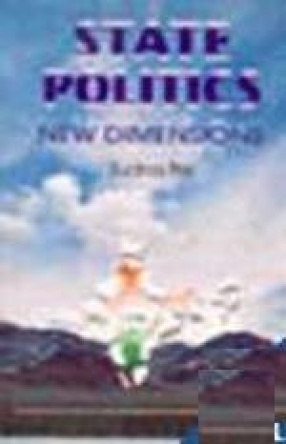
State Politics: New Dimensions
-

Changing Agrarian Relations in U P
-
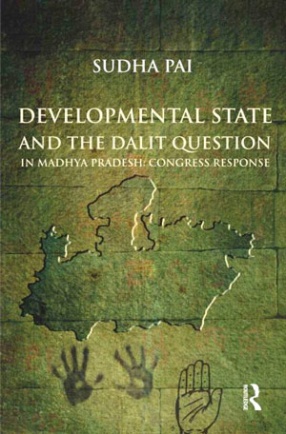
Developmental State and the Dalit Question in Madhya Pradesh: Congress Response

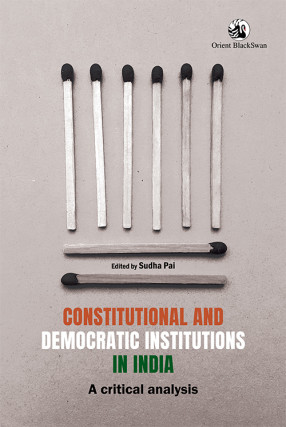
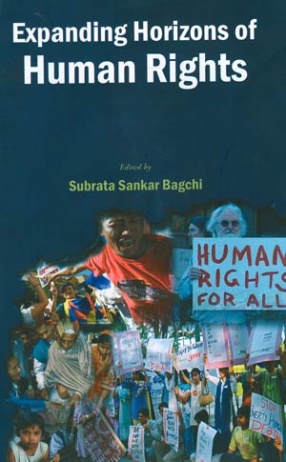

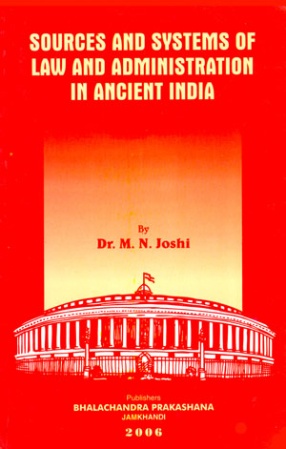
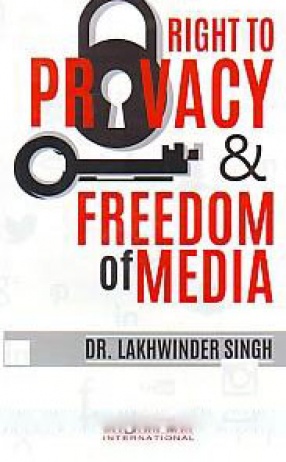

Bibliographic information